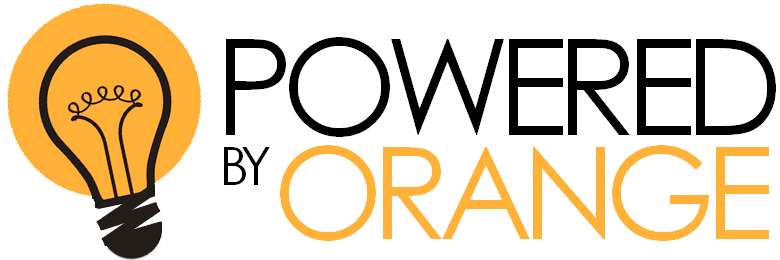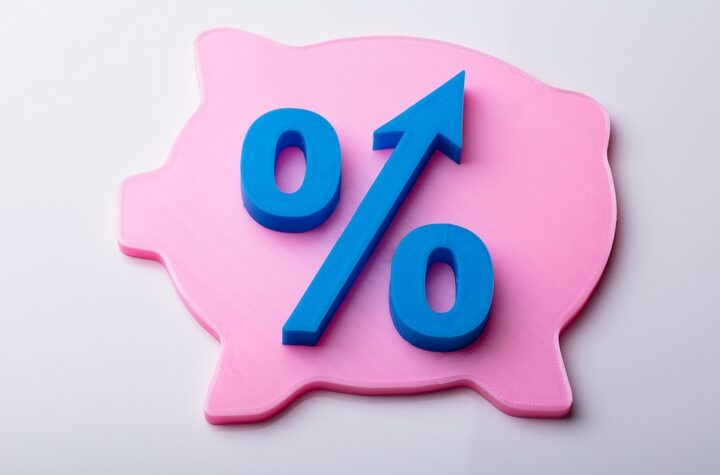Finding your way in the mortgage market can be daunting, with many options available. Understanding the key factors influencing interest rates and implementing strategic approaches can significantly impact your ability to secure favourable terms.
This guide will explore essential strategies to help you traverse the mortgage landscape effectively and secure the best interest rate for your home loan.
Tip #1: Strengthen Your Credit Score

Your credit score significantly determines the interest rate you’ll qualify for on your mortgage. Lenders will use your credit score to assess your “creditworthiness” and risk as a borrower. Borrowers with better credit scores are typically offered lower interest rates.
In comparison, those with lower scores may face higher rates or not qualify for specific loan products. Even a slight difference in the interest rate you qualify for can translate into significant savings in interest payments throughout your loan.
Tip #2: Work with a Mortgage Broker

Mortgage brokers are experienced professionals who specialize in mortgage lending. They have relationships with various lenders, including banks, credit unions, and wholesale lenders. This access allows them to shop around on your behalf and compare offers from multiple lenders.
A mortgage broker can assess your unique financial circumstances and help you identify loan options that best meet your needs. Whether you’re a first-time homebuyer, a self-employed borrower, or seeking a specific loan program, a mortgage broker can offer customized solutions and assist you in your search for a mortgage with the best interest rate.
Tip #3: Shop Around and Compare Offers

You don’t need to settle for the first mortgage offer you receive. It’s perfectly normal to shop around and compare rates from many different lenders, including banks, credit unions, and online lenders. You’ll find that lenders offer varying interest rates and loan terms based on their lending criteria, market conditions, and internal policies.
You can find the most competitive rates by comparing what multiple lenders offer.
Tip #4: Consider Different Loan Types

Explore various loan options, such as fixed, variable, open, closed, and convertible mortgages. Comparing each loan type’s pros and cons will help determine which fits your financial situation best. Variable-rate mortgages typically start with lower initial interest rates than fixed-rate mortgages.
While these offer potential savings in the short term, they also carry the risk of interest rate fluctuations over time. On the other hand, fixed-rate mortgages provide stability and predictability, with interest rates that remain constant throughout the loan term.
Tip #5: Opt for a Shorter Loan Term

Loans with a 1- or 3-year term usually have lower interest rates than a 5-year loan. This happens because the lender assumes less risk over a shorter period, and borrowers are less exposed to potential changes in the economic environment or interest rates.
However, these rates can fluctuate more frequently as they are more closely tied to short-term economic conditions and central bank policies.
Tip #6: Increase Your Down Payment

Lenders consider the loan-to-value (LTV) ratio, which is the ratio of the loan amount to the property’s appraised value when determining mortgage terms. Since a larger down payment reduces the amount you need to borrow, this demonstrates financial stability to lenders.
Lenders may offer more favourable interest rates and terms with a lower loan amount as they perceive lower risk with a lower LTV.
Tip #7: Lock In Your Rate

Mortgage interest rates fluctuate due to economic conditions, market trends, and monetary policy changes. By locking in your rate, you protect yourself against potential rate increases during the rate lock period, ensuring you receive the agreed-upon rate regardless of market changes.
Knowing that your mortgage rate is locked in offers peace of mind throughout the process. You can proceed knowing that your interest rate won’t change before closing, regardless of market volatility. If interest rates are trending upward, locking in your rate can shield you from potential rate hikes that could occur before your loan closes. This can result in significant savings over the life of your mortgage, especially if rates continue to rise.
Tip #8: Improve Debt-to-Income (DTI) Ratio

Lenders use your DTI ratio to determine if you can manage monthly mortgage payments on your income. Borrowers with lower DTI ratios are perceived as lower risk by lenders, as they have a greater capacity to afford their mortgage payments and are less likely to default on the loan.
As a result, lenders may offer more favourable terms and interest rates to borrowers with lower DTI ratios. By improving your DTI ratio, you demonstrate financial responsibility and increase your likelihood of qualifying for the best interest rates.
By following the tips we’ve discussed here and sticking with a proactive approach, you’ll be on your way to securing a mortgage with the most favourable interest rates, saving you money over the life of your loan and helping you achieve your homeownership dreams.




